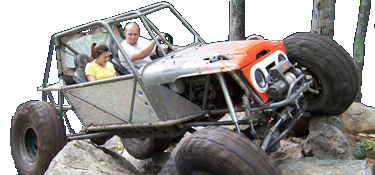fourwheelinj1
Well-Known Member
- Joined
- Apr 11, 2011
- Location
- Raleigh
I finally got my project scrambler to crank over last night so I can do a compression test and I got confusing results. Supposedly the PO parked it 12 years ago for a bad clutch (clutch and trans were removed) so it has been sitting for 12 years. I put the bellhousing and starter on and crank it over and got 63-70 psi on all 6 cylinders. I then added a little oil to the cylinders and the readings went up a couple of pounds but nothing much. If the rings or cylinder walls are the problem then wouldn't the wet compression test have shown a much better improvement then just a couple pounds? I am wondering if I have a timing/valve problem. Any ideas to help me figure this out without spending a bunch of money on a motor that might turn out to be crap?

